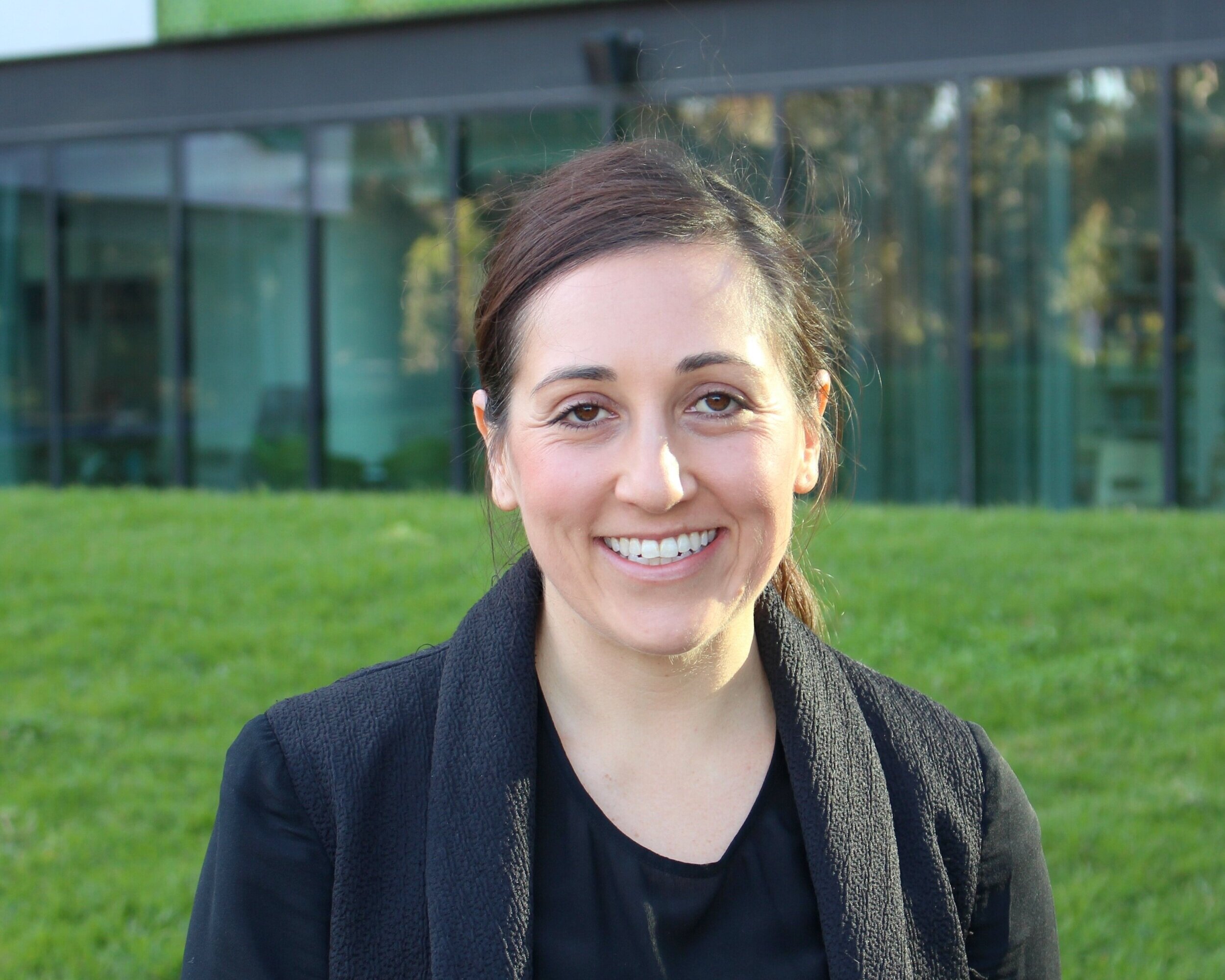
Strong Families
Strong Babies
Working together to improve outcomes for women, families, and communities
Strategies to promote 'a healthy start to life' have been identified by the World Health Organization as having the greatest potential to reduce health inequalities across the life course. Infants that are born preterm, small for gestational age and/or with a low birthweight have well documented increased health risks in childhood, and across the life course. Antenatal and postnatal care provide an opportunity to address potentially modifiable ‘social determinants of health’ (social factors) early in life when change has the most chance of making a difference.
What is the study about?
The aim of the Strong Families Strong Babies project was to co-design and evaluate innovative practice changes to re-orient maternity and early childhood healthcare to address the social determinants of health known to contribute to low birthweight.
The project has been undertaken as a partnership between the Intergenerational Health group Murdoch Children’s Research Institute, Western Health, Melton City Council Maternal and Child Health Service, VICSEG New Futures, and the Victorian Foundation for Survivors of Torture (Foundation House).
The partnership undertook consultation with key stakeholders, including two communities of refugee or migrant backgrounds commonly receiving care within partner services. Two practice change initiatives were developed as a result; the Strong Families Strong Babies Pregnancy and Postnatal Support Group for Punjabi-speaking women, and an initiative focused on removing system-level barriers to quality interpreter services generated in collaboration with the Matu-speaking Chin community advisory group.
Strong Families Strong Babies Pregnancy and Postnatal Support Group
The study team ran a pregnancy and postnatal support group for Punjabi-speaking women from communities of India at a community centre in Melton South during school terms.
The group was co-facilitated by a bicultural mentor, midwife, and maternal and child health nurse, and aimed to provide a culturally safe space for women to connect and access health information in their own language.
“[The support group co-facilitators] always say, ‘you know more than anyone about your baby’. That’s what they say every time. That’s where I feel like I have some power.”
What does this study add?
Evaluation of the pregnancy and postnatal support group identified that Indian migrant women can experience maternity and early childhood healthcare as culturally inflexible and rigid. As a result, women can feel that their cultural traditions and therefore whole selves do not fit or belong within these services. Support group attendees described their experiences of pregnancy and motherhood as sitting between two cultural worlds; Punjabi cultural traditions of pregnancy and mothering, and western biomedical cultural traditions dominant within Australian maternity and early childhood healthcare settings. To women, the support group offered a unique opportunity to occupy a non-judgemental space between these worlds.
The Strong Families Strong Babies partnership group sustained connection and shared purpose throughout the tumultuous years of the COVID-19 pandemic. Evaluation findings identified that even when partnerships secure members dedicated to addressing health inequities, and the group establishes a shared sense of purpose, organisational and systemic contexts can create substantial barriers to workforce wellbeing and practice innovation.
These insights add to the existing literature demonstrating that efforts to address health disparities require a commitment to dismantling health service design and funding models that prevent innovation.
Where can I read more?
Establishing and sustaining innovative health and social care partnerships: the role of a collaborative model of practice
Who can I contact to find out more?
Elisha Riggs
elisha.riggs@mcri.edu.au
Laura Biggs
laura.biggs@mcri.edu.au
Stephanie Brown
stephanie.brown@mcri.edu.au





